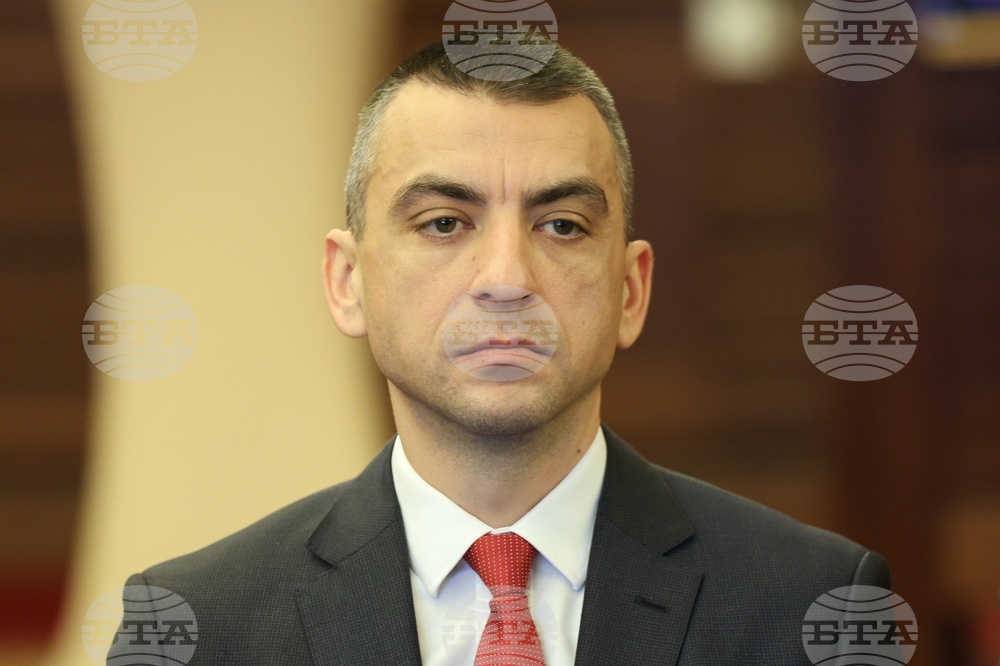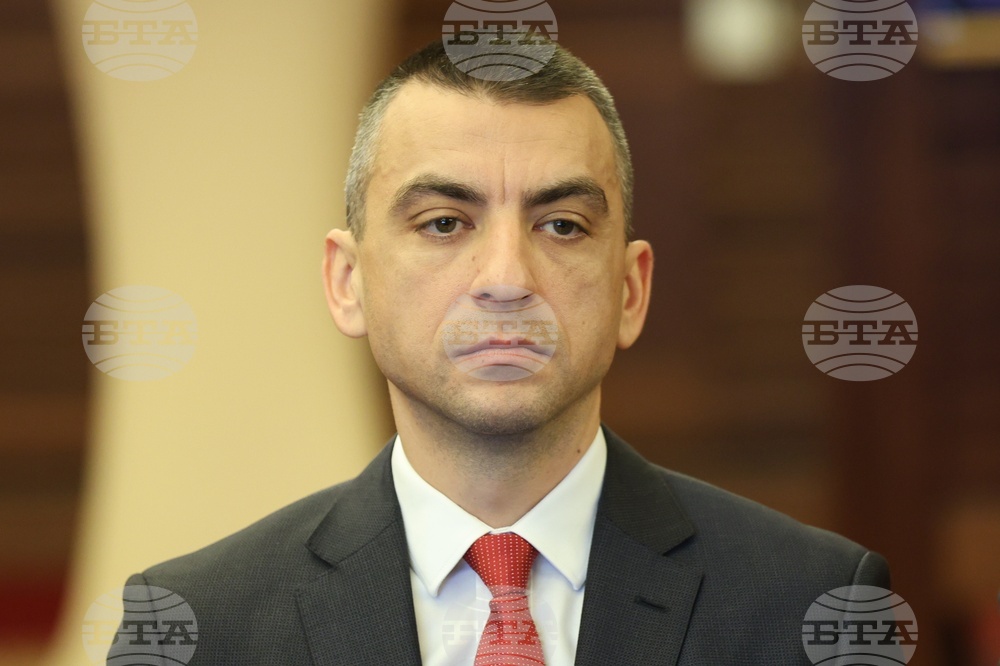site.btaNEK CEO on Chaira Power Plant Problems, Hydroelectricity, Company's Financial Standing, Market Liberalization


In a BTA interview, NEK EAD CEO Martin Georgiev discussed the condition of the Chaira Pumped-Storage Power Plant after a March 22 malfunction, Bulgaria's hydroelectricity sector, the company's financial status, and the liberalization of Bulgaria's electricity market.
/LG/
news.modal.header
news.modal.text